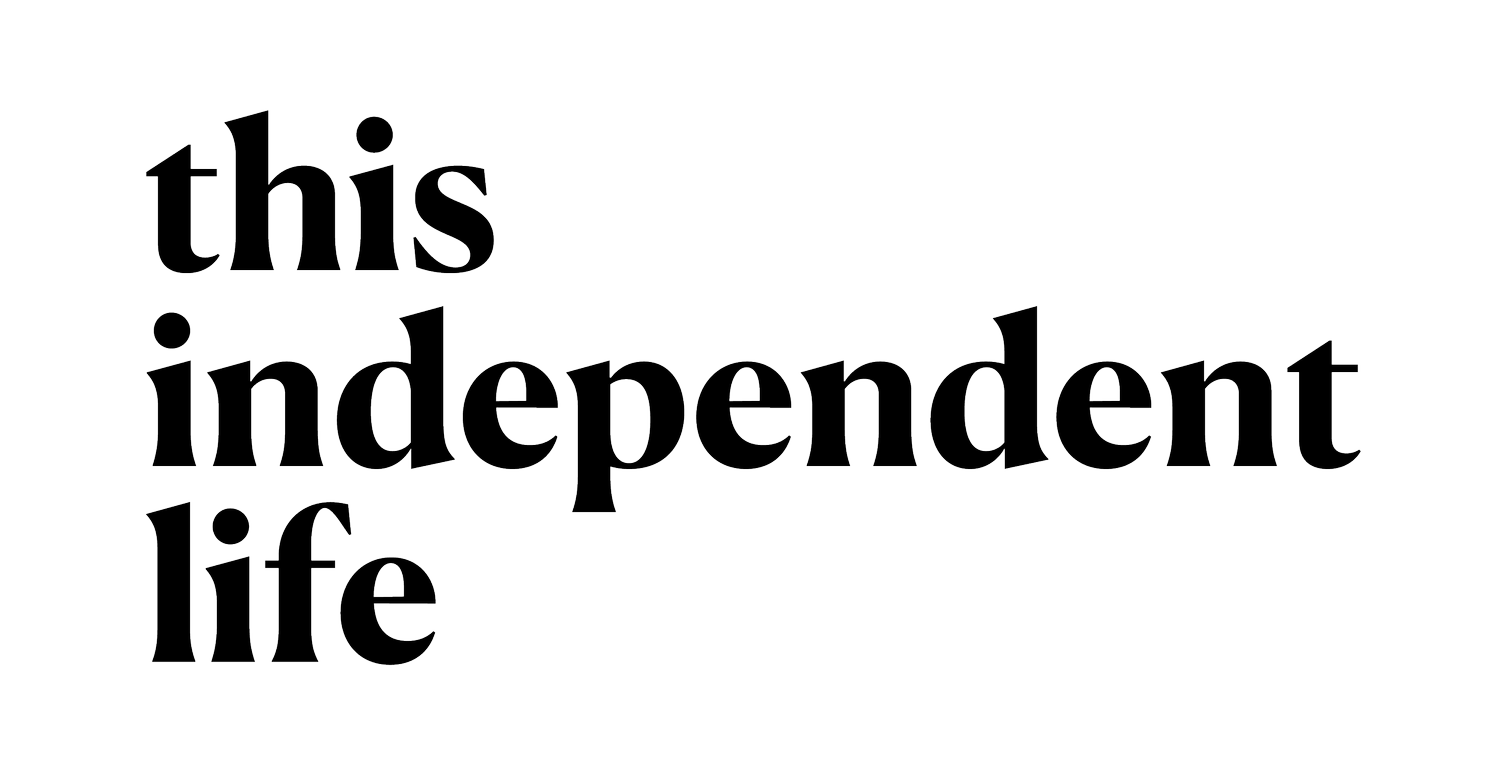This Independent Life: why women’s health education should be mandatory
The health and sex education I had at school was pretty minimal. It went along the lines of “a man has a penis, a woman has a vagina, women bleed once a month, don’t get pregnant”.
Unfortunately, despite advances in some areas of health education, there is still a huge disconnect and lack of information around what’s “normal” for women and their bodies, and most importantly, what to do when things aren’t “normal”.
It took me 10 years to get diagnosed with endometriosis because I thought it was “normal” for women to have painful periods. After plucking up the courage to go to the doctors to share my experience and get some help, I was turned away with pain killers, but who was I to question the professionals? As someone with doctors and nurses in their family, I know first-hand the amount of training, commitment, and hard work that goes into being a healthcare professional, so I didn’t feel I could challenge them. They were singing the same tune that I’d heard in school, and I’d never heard anything to the contrary elsewhere in my formal education.
In 2022, it should not be the case that learning about all aspects of women’s health, including the things that can go “wrong” or not be “normal”, is still seen as not warranted or needed, in the school system and in the workplace.
Women’s health education should be mandatory in schools, and employers need to take a role in filling this gap until that changes. Women should be equipped with the knowledge, and the confidence, to challenge and question when they feel something isn’t right. No girl or woman should be walking around not understanding their bodies and having to suffer in silence, period.
